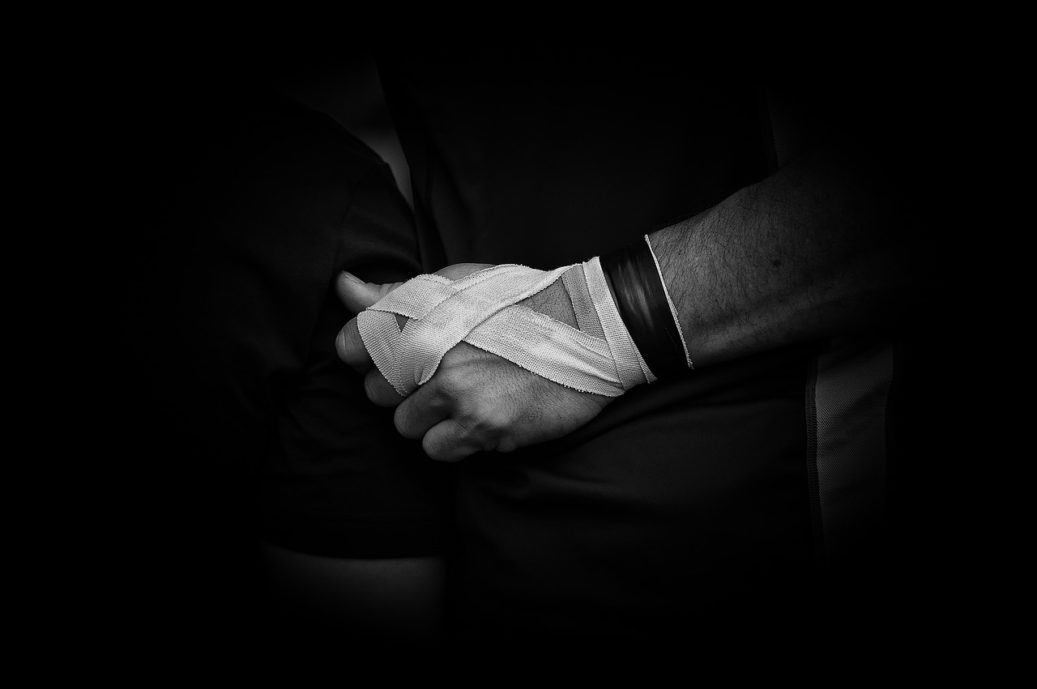Four common ways people are hurt by the Church and how to find reconciliation
Wounded by the church? Pain inflicted by the bride of Christ? Suffering coming from the people of God? Brothers and sisters abusing their own spiritual siblings? Church is supposed to be holy, loving, accepting, affirming, and life giving. Out there in the world, with all those people who do not love Jesus and are not enlivened by the Holy Spirit, we expect pain, suffering, and abuse but surely not in the church.
Many of us have experienced this dichotomy between church ideals and reality, we have observed church abuse in the lives of our friends and family, and if we are honest, we have also contributed to the pain of others in the context of the body of Christ. Like most people, however, I would prefer to dwell on my experience of church wounding and tell you a myriad of stories so you can feel my pain, rather than focus on how to help those I have observed on the receiving end of church suffering, and completely avoid any culpability regarding my contribution to the pain of others.
Why does church wounding occur? There are as many answers to this question as there are churches but let me suggest four—pain, power, personality, and paradox.
Pain
In our late 20s and into our 30s, my wife and I found church to be incredibly painful because we were battling infertility and it seemed like everyone in our church was pregnant. Mother’s Days and Father’s Days were celebrated with great enthusiasm with no acknowledgement that some of us, were not parents but desperately wanted to be so. We now attend a church where these two days are practiced in an inclusive way and all who impact children are valued. Many churches add to the pain members of the congregation are experiencing and in so doing drive them away. Pastors can easily preach, lead, and care in a way that either addresses, ignores, or intensifies the pain that is present in the lives of others.
Power
Many of us have been in churches where the abuse of power is exerted through age, gender, socio-economic status, longevity in the church, or a position of authority. In the presence of this kind of power we feel like our voice is not heard, our convictions are not acknowledged and we experience a progressive marginalization. Sometimes the only way to cope with this inequity and inequality, after failed attempts to address the power imbalance personally, is to go to a church where there is shared submission and where Christ is seen as the true Lord of the church.
Personality
Church is filled with a colourful array of personalities, a testimony to God’s creativity but often the source of significant conflict. When the Building Committee is made up of four different personalities that value people, ideas, consistency, and job completion, conflict is inevitable. One enjoys meeting, another wants deeper discussion, the third is glad there is a committee, and the fourth wonders when the job will be complete. Rather than each person pushing toward ‘my personality style is the best,’ it makes most sense to value difference rather than make it the source of conflict.
Paradox
In my experience the greatest wound exerted by the church of Jesus Christ is the contradiction between public proclamation and relational experience. While pastors preach grace, forgiveness, healing, and the gentleness of Jesus, so many experience the opposite in community. Paradoxes of this nature are debilitating for so many people, particularly in a culture where ‘what I experience’ is a higher value than ‘what I am told.’ All of us need to recognize that we invite others into an irresolvable paradox if our statements about truth and the gospel are not lived out incarnationally in the body.
How do we respond to church wounding? We need to affirm the big picture, engage in systemic thinking, practice forgiveness, and embrace forbearance.
Paradox is not just confined to the experience of the contemporary church. When Paul wrote to the Corinthian church, a church mired in moral decay, power struggles, and abuse of the Lord’s Supper, he addressed them as saints. Saints? How do we put this lofty word together with the reality on the ground? But that is the big picture. Bride of Christ, people of God, saints, holy, are among the words that affirm the reality of the church as God sees it and that is with the presence of woundedness not with its absence. As we struggle with our local church scuffles, we need to affirm the big picture and see the church as it really is, at least in God’s eyes.
When people talk about their church as ‘them/others/ leadership’ etc. as if they have no role to play in the system. Like removed journalists, they report on the pain, wounding, and suffering being exerted by the church but they fail to take into account their role in the process. Blaming is easy because it allows for dichotomous right/wrong reasoning and it is usually the other who is wrong. Systemic thinking, which is more consistent with the way bodies of any sort function, focuses more on what I am doing, what you are doing, and how the interaction of the two of us plays a role in the whole system.
Social science thinking has influenced the contemporary culture in such a way that we now prefer ‘broken’ to ‘sin’ and ‘wounded’ to ‘evil.’ While there is a lot of brokenness and woundedness in the church, sin and evil are also present and that requires the infusion of forgiveness. Forgiveness is often cheapened by a push to have the victim forgive shortly after the sin has been committed and no severe mercy is experienced. Ideally the person who has been sinned against will be able to communicate the hurt they have experienced to the perpetrator and that person will be able to give an in-depth confession that is rooted in the damage they have caused so forgiveness will be meaningful. Frequently this is needed between individual leaders and members, but there are times when the church leadership needs to engage in confession as a group.
Many of us know forgiveness is key to our life together in the body but in the process we may have forgotten that the New Testament also posits forbearance. Sin is addressed by forgiveness while difference is addressed by forbearance. Building Committee members do not need to engage in a process of confession and forgiveness. Because I am into people and you want to get the task completed, we need to avoid competing or converting and engage in forbearance where we ‘bear with’ our differences, learn to prize them, and in the process recognize that differences do not need to be threatening. While pain, power, personality, and paradox have their own inherent challenges, I wonder if many of us, both in leadership and in followership, would experience less wounding if the body of Christ valued uniqueness and forbearance was practiced by all of us.
Over 20 years ago, when struggling with a number of dynamics around life on the ground and the wonder of the body of Christ, I wrote the poem, ‘We.’ Superficially it may seem that this poem has nothing to do with wounding by the church, but a careful read will invite you to a ‘back to the future’ perspective on Christ’s bride.
One night I dreamed a dream:
I was walking through dense woods.
At times I appeared to be walking alone;
it seemed that no one was around.
No one cared
or expressed interest.
But when I looked more closely, they were there.
Some hid behind the trees,
thinking they too were alone.
Others were further ahead, leading the way.
Still others were behind, following my trail.
A small group was right beside me
with outstretched arms and welcoming smiles,
at times visible,
at others, hidden from view.
And behind them all, and in them all,
and through them all-
those that hid, those that led,
those that followed,
and those close at hand–
God.
And then I saw a city.
It was majestic and exquisite,
like a new bride,
radiant and perfect.
A city teeming with people beyond number.
Those that used to hide, those that led,
those that followed, and those that expressed care–
they were all there.
And I was among them.
And then I heard a loud voice,
“The home of God is among mortals.
He will dwell with them as their God;
they will be his peoples,
and God himself will be with them.”
I wept.
But then He wiped every tear from my eye.
Amen.
Excerpt from Wilson, R., Counselling and Community. Baker Books, 1995, p. 225.
About


